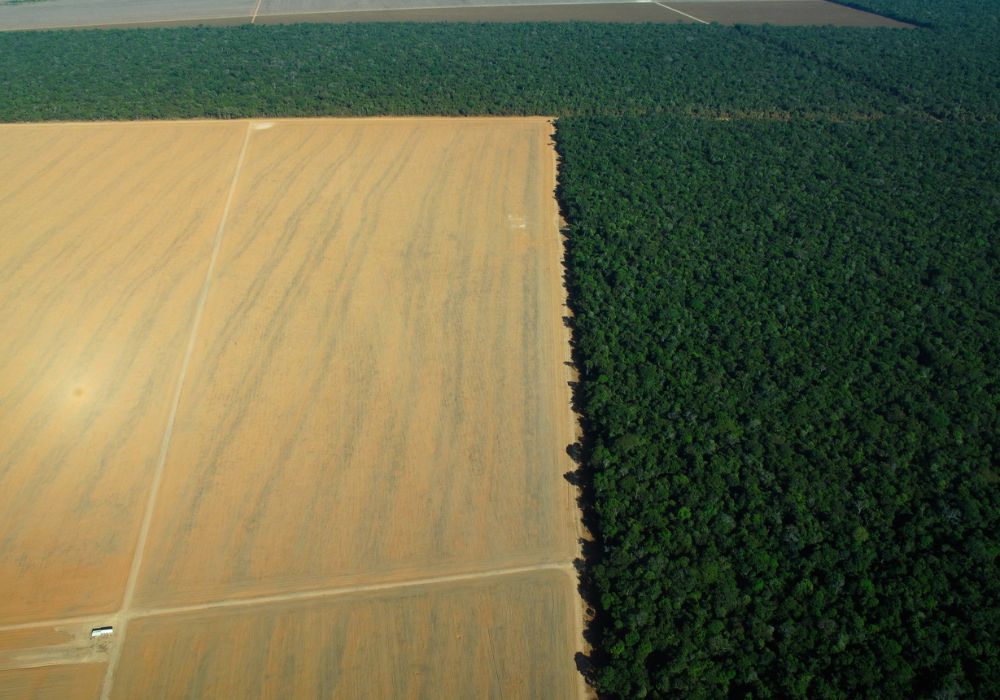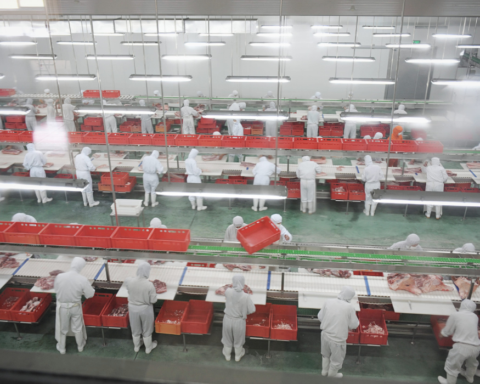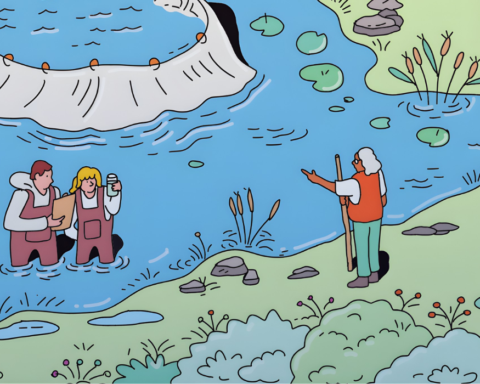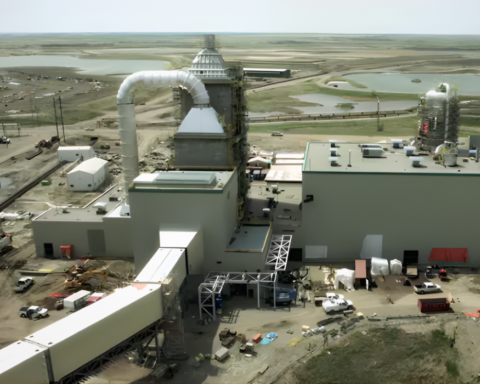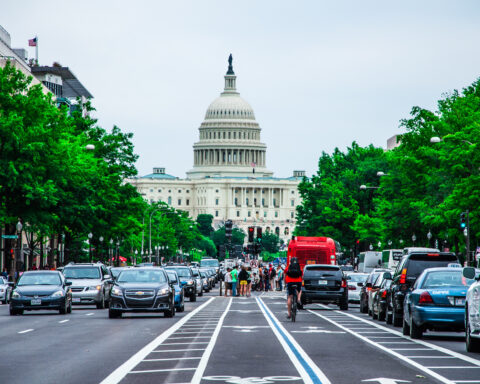Indicators of climate change may be tracking in the wrong direction lately, but there are victories too. One is in the lungs of the earth. After years of rampant deforestation in the Amazon, the trend is reversing.
Deforestation levels are down a dramatic 55.8% from 2022 to 2023, according to the Monitoring of the Andean Amazon Project (MAAP). The largest declines occurred in the Brazilian-controlled part of the jungle, which dropped 59%, and in Colombia, which plunged 67%. Peru’s forest loss dropped 37%. “Compared to the peak year of 2020, forest loss has dropped by over two-thirds, or 67.7%,” MAAP said in a press release.
The political backdrop is impossible to ignore. President Luiz Inácio “Lula” da Silva, Brazil’s left-wing leader, has been rehabilitating the country’s environmental reputation after the tenure of Jair Bolsonaro, who created the conditions for open season on forest districts. Colombia’s president, Gustavo Petro, has also made the energy transition and environmental protection a cornerstone of his mandate.
The eight Amazon nations that gathered for a summit in Belém, Brazil, in August agreed to adopt more aggressive conservation methods, although they fell short of committing to stop deforestation altogether. Brazil has the largest share of the Amazon, with 60% stretching out across its territory.
An estimated 20% of the Amazon has already been cut down, driven largely by aggressive agricultural expansion, illegal mining, logging and fires. A record-setting drought this year has also primed the Amazon for forest fires, in particular in the swaths that have degraded and are in poorer health, which amounts to 40% of its surface.
Agriculture is a particular threat to the preservation of crucial carbon-capturing forest stocks around the world. In Brazil, the area occupied by agriculture grew 50% between 1985 and 2022, according to MapBiomas, gobbling up 95.1 million hectares. Much of that growth occurred in the Amazon. In its latest report card on corporate deforestation, the non-profit Ceres assessed 53 major companies, including Cargill and Procter & Gamble, facing “the greatest risks” from sourcing soy, timber and palm oil. “Most of them lack robust no-deforestation policies, despite recognizing the importance of deforestation action,” Ceres reports. Adidas and Amazon got failing grades.
U.S. food giant Cargill announced in November that it would speed up its promise to eliminate deforestation and land conversion from its supply chain of key crops, including soy, corn, wheat and cotton, in Brazil, Argentina and Uruguay. The company had already pledged to produce deforestation-free commodities and conversion-free soy across South America by 2030 but now says it will do so by 2025 in those three countries.
Mighty Earth, a global environmental advocacy organization, called Cargill’s announcement “important but incomplete,” noting that it is one of the “top drivers of ecosystem destruction in Latin America.”
“Bolivia experienced a 32% increase in primary forest loss between 2021 and 2022 – four times the rate of Brazil. This is, in part, due to Cargill’s continued willingness to buy from suppliers engaged in deforestation,” Mighty Earth CEO Glenn Hurowitz wrote in November. “We’re calling on Cargill – along with the signatories of the COP27 Agribusiness Roadmap – to agree to a cut off date of 2020 to ensure this incomplete policy does not spark a ‘race to bulldoze’ in biomes such as the Grand Chaco and the Chiquitano ahead of 2025.”


